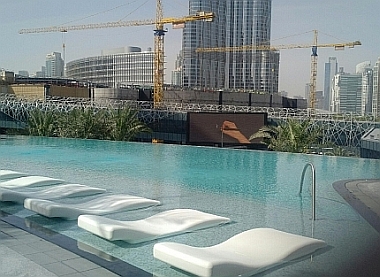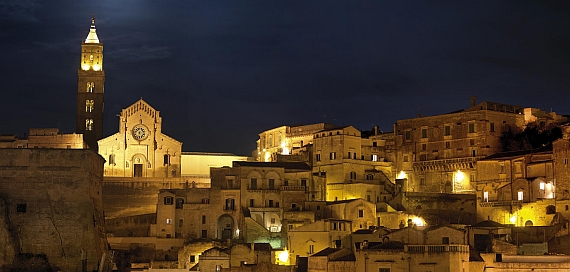
News & Stories
Paris. Last Thursday, Paris was once again the scene of violence. A man who hated police forces, shot dead a police officer and injured two others on the iconic Avenue des Champs Elysées. Potential links to Islamic State are still being investigated. Hoteliers are worrying about the summer season although there have been no booking cancellations so far. Are tourists becoming resilient to terrorism?
Palma. Hotelbeds Group, a global bedbank and business-to-business provider of services to the travel industry, has announced plans for GTA to join its Bedbank business unit.
Dubai. Once more, building cranes prevent nice pictures of the changed skyline, and again, people get stuck in traffic jams. After the first day in Dubai, you know one thing: the city is still booming. It is heading on to the next mega event at top speed: EXPO 2020. Only three years to go. And that is why there was a strange mood at this week's "Arabian Travel Market", which switched between total optimism and noticeable nervousness. The hotel construction boom goes on and on, and operators have already dropped 2016 as a poor year. The first quarter 2017 was brilliant again, after all. These hoteliers consider the glass half full. But for many others, it is half empty.
Milan. The phrase Albergo Diffuso originated in 1982 in Carnia, within a technical working group whose aim was to restore small centres, which were destroyed by the earthquake devastating the area in 1976. Successively the model has been engineered by Giancarlo Dall'Ara, consultant and tourism marketing expert, and was recognized for the first time by the Sardinian region with a specific law in 1998. Other regions then followed, adding definitions of Albergo Diffuso endowing it with the same dignity of more traditional forms of hospitality, such as bed and breakfast, hotels, rural farmhouses, chalets, etc. Today, market leader Sextantio can charge 2,000 euros per night in its top Albergo Diffuso.
Bethesda/Washington. First, Marriott CEO Arne Sorenson congratulated Donald Trump on his victory, now the hotelier is already facing redirected bookings. New York sees visitor numbers decreasing. Two days ago, a representative Kayak survey revealed alarming reactions of British and German travelers if they were asked for passwords to their social media accounts.
Frankfurt. The fourth luxury fair “loop”, which took place once more at the Kempinski Gravenbruch in Frankfurt, was again fully booked. This makes the organizers initiate a sister event in South Tyrol this upcoming November – due to the high demand from the German-speaking region.
Berlin/Ahlbeck. SeetelHotels, one of Germany's biggest resort operators, sits on the isle of Usedom and in its 25th anniversary year celebrates the success of its 16th hotel – the Kaiserstrand Beach Hotel in Bansin – as well as the construction begin of its 17th hotel, a children's hotel.
Berlin. There were probably a lot of things that went well for a trade show that turned 50 last year. For the past couple of years, however, critical voices are getting increasingly louder, at least from a hotel business point of view. The sentiment indicator for the trade show continues to drop. Observations from 2017.
Berlin/Shanghai. All signs point to a successful premiere. Three months before the event, ITB China is booked up and trade visitors can now start registering for the show. From 10 to 12 May 2017 around 600 organisations and companies will be represented in the new marketplace of the Chinese travel industry. New main exhibitors are already being placed on waiting lists due to the high demand.
Rome. There are growing trends spurring Italian hotel performance: an increasing number of museum visitors in the country with the world's most UNESCO heritage sites and the rising expenditure by foreign tourists. Still, Italy has not been able to take full advantage of the tourist flows escaping from southern Mediterranean destinations, while the Jubilee year in Rome hasn't brought the hoped for results. Italian 2016 data on tourist performance show contradictory trends. The figures from Italy don't match STR data. But the awareness of the sector's importance is increasing politically. Finally, there is a master plan for tourism 2017-2022.



